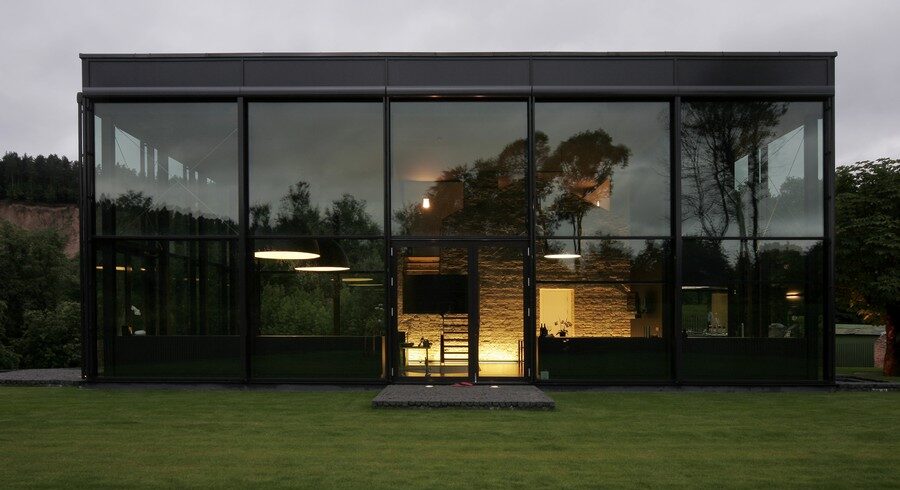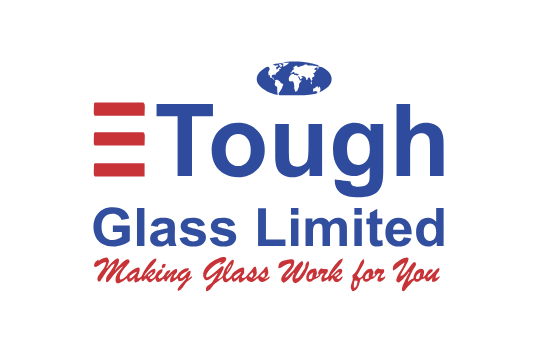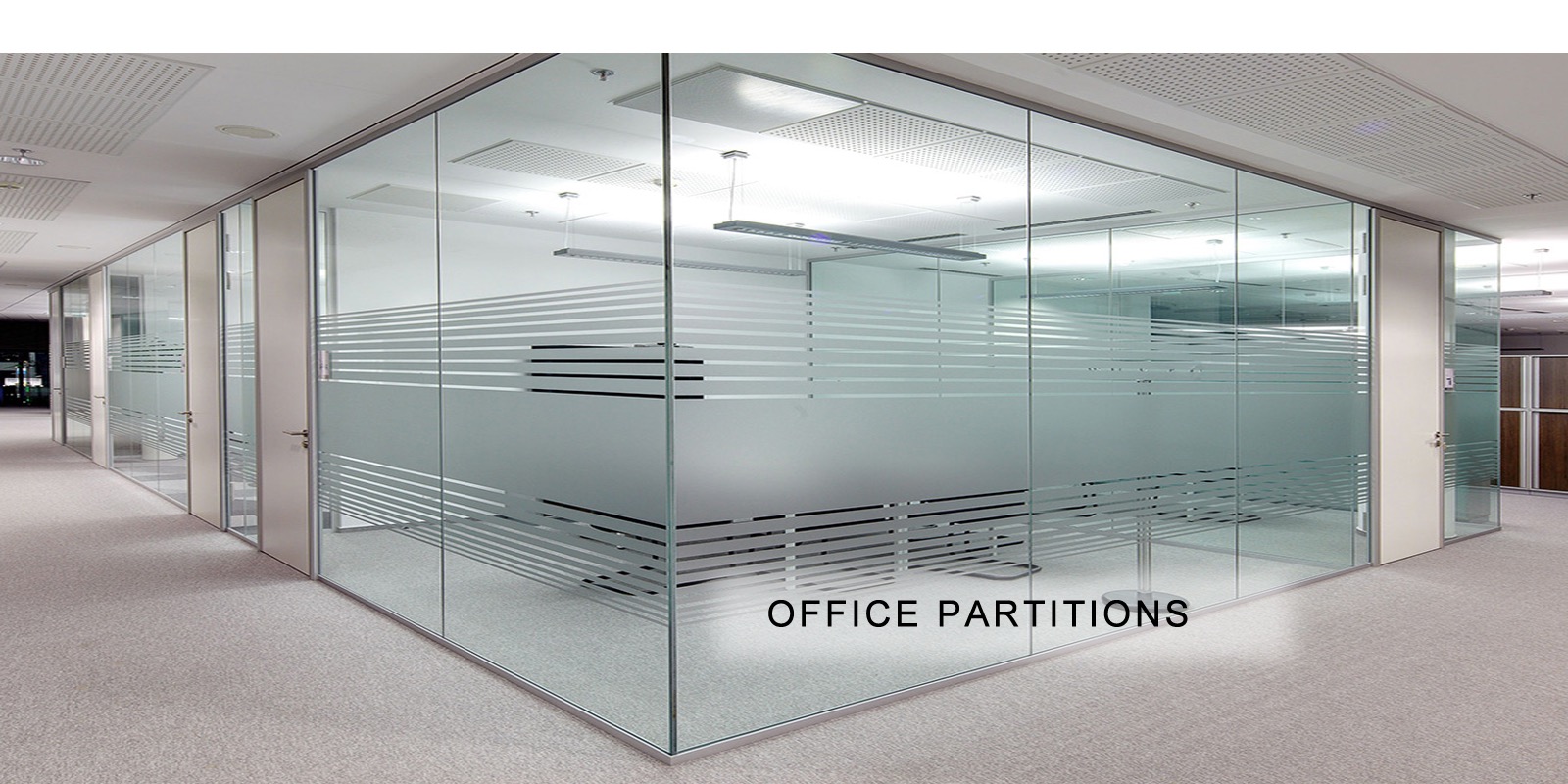
As Kenya’s skylines evolve with modern office towers, residential high-rises, and glass-fronted malls, safety and compliance have become central to the construction conversation. Glass, once seen merely as a decorative material, now plays a vital structural and safety role. Yet with innovation comes regulation. Today, safety glass standards in Kenya are undergoing transformation — driven by new building codes, urban safety concerns, and the growing influence of international best practices.
The Role of the Kenya Bureau of Standards (KEBS)
The Kenya Bureau of Standards (KEBS) regulates the quality and safety of all construction materials, including glass. Through its KS EAS 128:2016 and KS ISO 12543 guidelines, KEBS outlines the manufacturing, installation, and performance requirements for glass products used in buildings.
These standards emphasize:
- Impact resistance – glass used in public areas must withstand specific force levels to prevent shattering.
- Fragmentation control – when broken, safety glass must not form dangerous shards.
- Thermal stability – glass must endure Kenya’s fluctuating outdoor temperatures.
- Certification – suppliers and installers are required to comply with KEBS-approved specifications before use in commercial or public structures.
For contractors, compliance with these standards is not optional. Municipal approvals and insurance coverage often depend on KEBS certification, especially for large commercial projects in Nairobi, Mombasa, and Kisumu.
Tempered Glass: Strength Through Heat
Tempered glass — also known as toughened glass — is manufactured by heating standard glass to high temperatures (around 620°C) and then rapidly cooling it. This process increases its surface strength by up to five times compared to ordinary float glass.
Key Advantages:
- Enhanced safety: When broken, tempered glass shatters into small, blunt fragments, reducing the risk of injury.
- Thermal resistance: It withstands high temperature changes, making it ideal for façades, shower cubicles, and balcony installations.
- Load capacity: Ideal for glass balustrades, curtain walls, and doors frequently subjected to stress.
However, once tempered, this glass cannot be cut or altered, meaning precise measurements are required before processing — a detail that underscores the importance of working with certified Kenyan installers.
Laminated Glass: The Safety Sandwich
Laminated glass is created by bonding two or more glass sheets with a polyvinyl butyral (PVB) interlayer. When broken, the glass pieces remain adhered to the interlayer instead of falling apart — maintaining structural integrity and preventing injury or property damage.
Common Uses:
- Skylights and canopies
- Bank and office partitions
- Vehicle windshields
- High-rise windows where fall protection is crucial
Compared to tempered glass, laminated glass provides superior sound insulation and UV protection — qualities increasingly valued in Nairobi’s luxury apartments and hotels.
Compliance Challenges in Kenya’s Construction Industry
Despite clear standards, compliance remains inconsistent across the industry.
Some of the common issues include:
- Use of uncertified glass: Small contractors may source cheaper, non-compliant materials from unverified suppliers.
- Improper installation: Even high-quality glass can fail if not correctly installed or supported.
- Lack of awareness: Developers sometimes prioritize aesthetics or cost over structural safety.
The National Construction Authority (NCA) and KEBS have intensified site inspections to curb these practices. Modern architects and glass installation firms in Kenya are now integrating compliance documentation and quality assurance certificates into their handover processes to boost transparency.
The Push Toward International Alignment
As Kenya continues to attract international investors, its glass standards are steadily aligning with European and American building codes, such as EN 12150 (for tempered glass) and ASTM C1172 (for laminated glass).
This alignment ensures:
- Greater export competitiveness for local glass manufacturers
- Improved safety benchmarks for new urban developments
- Easier integration of imported architectural glass products
What This Means for Homeowners and Developers
For homeowners, using certified glass means better safety, durability, and property value. For developers and contractors, adherence to KEBS and NCA guidelines enhances credibility, reduces liability, and ensures smooth project approvals.
As Nairobi’s skyline continues to rise, safety glass standards in Kenya are no longer just technical regulations — they represent a commitment to safer, smarter, and more sustainable urban living.
The evolution of glass standards reflects Kenya’s broader journey toward modern, responsible construction. Whether it’s tempered glass securing balconies or laminated glass protecting high-rise occupants, the focus is shifting from mere appearance to performance and safety. For installers and builders alike, staying compliant with KEBS standards is not only a legal necessity but also a mark of professional excellence in Kenya’s fast-modernizing construction industry.



